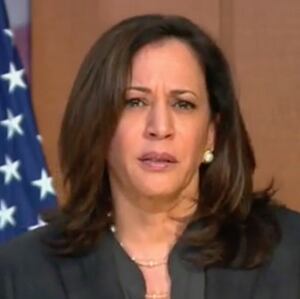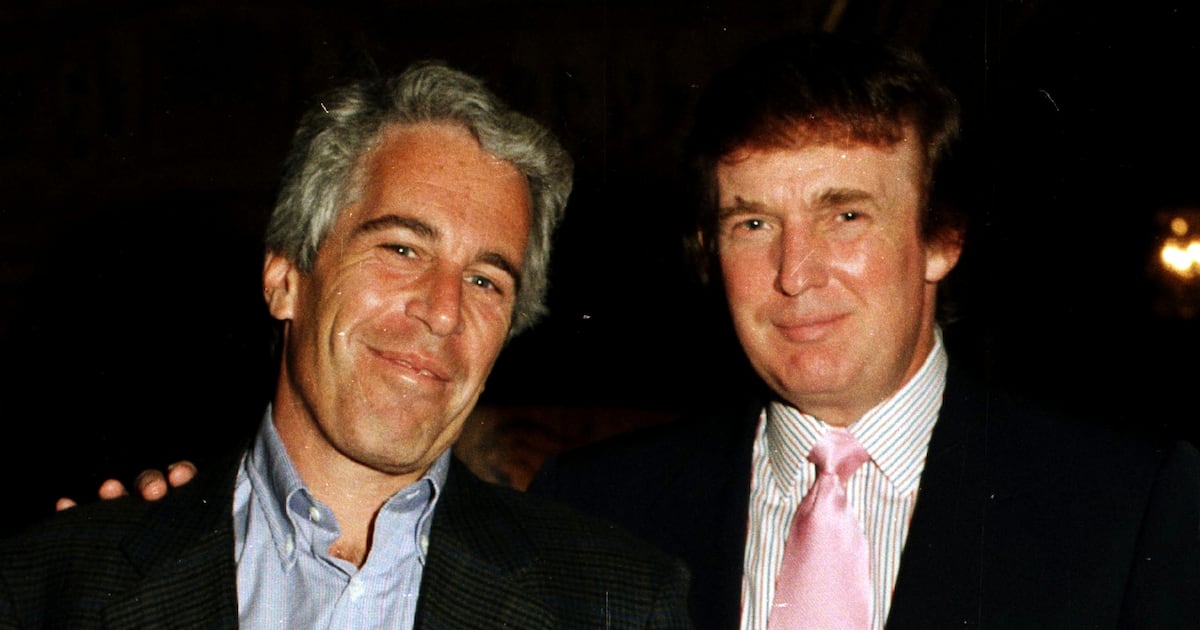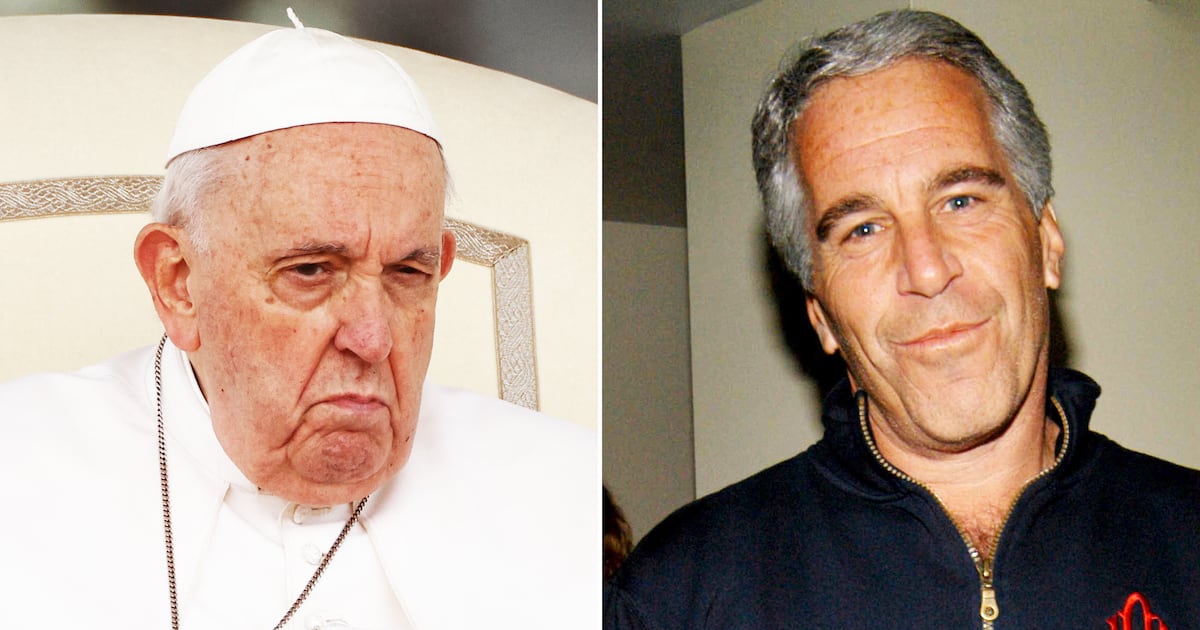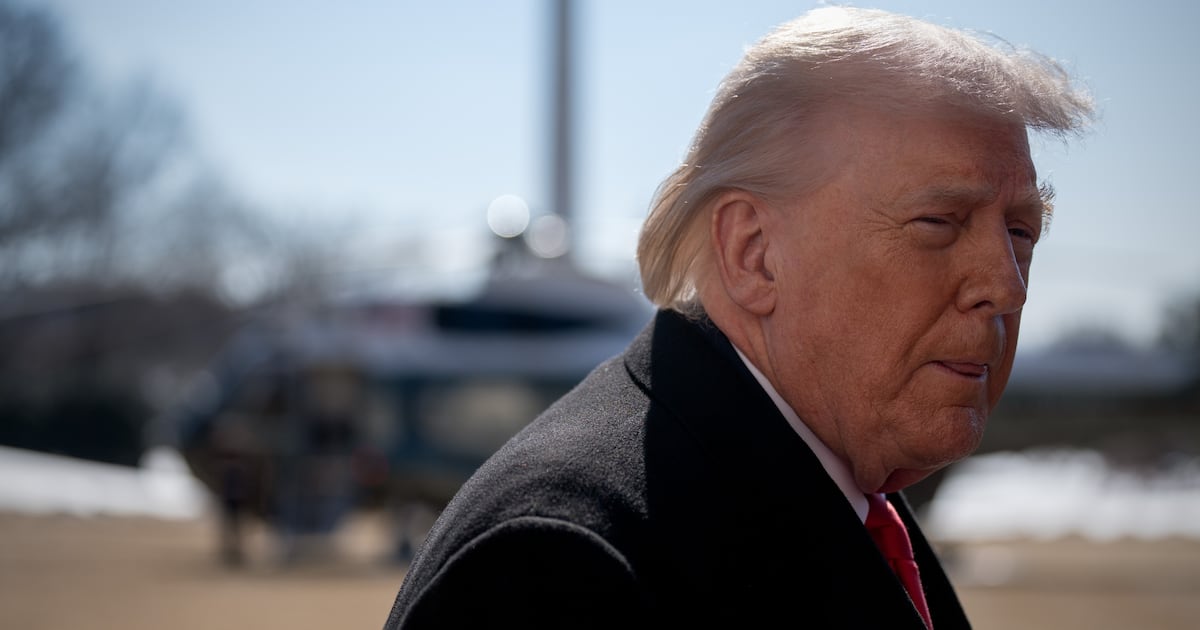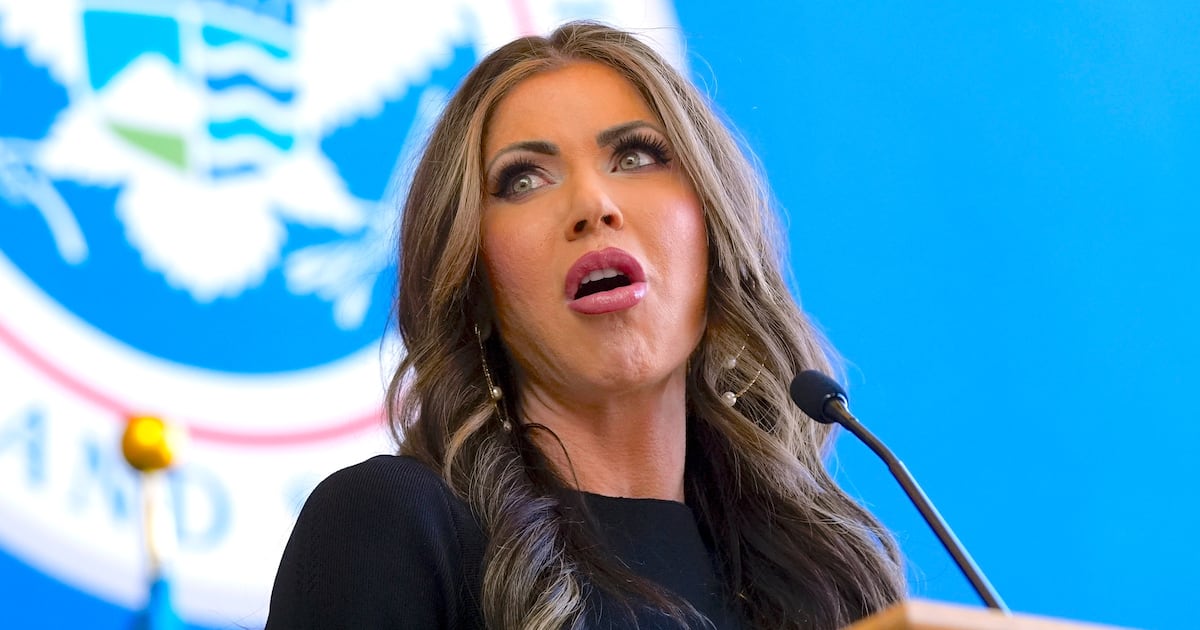Despite increasingly vocal calls from the left for state and local governments to “defund the police,” former Vice President Joe Biden is holding the line on his position that while law enforcement is riven with systemic racism as an institution, it is not an institution beyond repair.
But while Biden’s hesitancy to leap onto still-forming progressive policy initiatives like free college tuition and “Medicare for All” helped him avoid the pitfalls of overeager rivals during the Democratic presidential primary, Karen Finney, a Democratic strategist who served as a spokeswoman for Hillary Clinton’s 2016 campaign, told The Daily Beast that Biden and other prominent Democratic figures needed to unify around a bold plan on police reform—and soon.
“His message of healing the soul of the nation, we are reminded why that really is important,” she said. “I think there is an opportunity to galvanize people around that and drive the conversation knowing that the risk in not doing that aggressively is that we know what Trump’s going to do. He’s going to use that.”
Finney said Biden’s proposals must go beyond simply restoring the reforms of the Obama era.
“Certainly we want those, but knowing what we know today in 2020 and how deep a wound this is and frankly, how there is such broad support for change, I think it ought to be something like overhaul policing in America,” she said.
Calls to “defund the police,” a long-stated goal of some Black Lives Matters activists who say that calls for reform have failed, have put Biden and other Democrats in an uncomfortable position. Weeks of nationwide protests following the deaths of several unarmed black people at the hands of police have crystallized the need for reform among Democrats and many Republicans, but the Trump campaign has characterized calls to redirect public funds from law enforcement to social programs equivalent to anarchism.
In a statement on Monday, the Biden campaign declared that while the former vice president “hears and shares the deep grief and frustration of those calling out for change,” he is opposed to defunding the police.
“Biden supports the urgent need for reform—including funding for public schools, summer programs, and mental health and substance abuse treatment separate from funding for policing—so that officers can focus on the job of policing,” said Andrew Bates, the campaign’s director of rapid response, adding that Biden supports expanded community policing and diversifying police departments to better reflect the demographics of the communities they serve.
“There are many police departments across the country who are seeking to realize these kinds of changes, but haven’t had the resources to—and the Trump Administration has in fact made obtaining those resources more difficult,” Bates said.
That dismissal has risks, said Bakari Sellers, a former South Carolina state representative who endorsed Sen. Kamala Harris (D-CA) in the primary.
"Defund the police is an awful slogan, but you can’t miss the nuance. There are people that want the vice president to pick up on that nuance," Sellers said. "When you dial 911 police are still going to come, but going line-by-line and seeing where you can demilitarize police departments and put some of that money on preventative measures in the front end, even law enforcement officers would tell you that’s a good idea."
Other Democratic leaders, including House Speaker Nancy Pelosi (D-CA) and Rep. Karen Bass (D-CA), chair of the Congressional Black Caucus, also emphasized the need for broad reforms, rather than partial defunding, of law enforcement in a press conference on Monday.
Bass, in response to a reporter’s question about whether the Congressional Black Caucus supports the movement to defund the police, acknowledged that, “Part of that cry is a desire for there to be significant higher investment in communities,” and said that while the caucus is currently focused on the newly introduced Justice In Policing Act, “we do have other legislation coming along the lines.”
“We want to work with our police departments—there are many who take pride in their work and we want to be able to make sure that the focus is on them,” Pelosi said, but added that “the public sentiment could not be clearer: we need to make some transformative change, not incremental.”
The Trump campaign was quick to tie Biden to the “Defund” slogan in a conference call before Biden’s statement on Monday.
“He owns this movement, he’s never condemned the violence,” said Trump surrogate and former sheriff Carolyn “Bunny” Welsh. “By his silence he’s endorsing chaos and anarchy. He has basically turned his back on law enforcement.”
As the White House has faced blistering condemnation for its response to the widespread civil unrest sparked by the death of George Floyd, an unarmed black man who was killed by a Minneapolis police officer in May, the president has sought to lay the blame for both the protests—and the police brutality that ignited them—at Biden’s feet. But according to some longtime Biden supporters in law enforcement circles, the former veep’s call for police reform stands as a more measured contrast to both Trump’s “law-and-order” message and the calls by some protesters to abolish police departments entirely.
“I would, if I was him or any president of the United States, put together a very large committee—not a small group of individuals—and 50 percent would be white, the other 50 percent would be black and Hispanic... working together for a joint outcome to put together some serious guidelines,” said Tom Scotto, the former president of the National Association of Police Organizations who served as the head of the Detectives’ Endowment Association when Biden authored the Violent Crime Control and Law Enforcement Act in 1994. “You can't impose something in the state of New York that's totally opposed in Wyoming and Nebraska, you follow me?”
Scotto said that Biden’s past support for law enforcement in the U.S. Senate—in addition to the crime bill, which put 100,000 additional officers on the streets and provided billions in funding for new equipment, Biden also shepherded legislation that provides death benefits to the families of officers killed in the line of duty—acted as a potential shield against “soft on crime” criticism that other Democrats might not be able to weather.
“You’ve always got to look at what a person does, not what they say, and Joe Biden has always been there for law enforcement, has always proven himself, has always fought on our behalf, and has successfully passed bills that benefit law enforcement and first responders,” Scotto said.
But that fidelity to law enforcement has also bred distrust among some in the activist community.
”People in power—politicians and policymakers—are still talking about reform. We’re beyond that. We’re over that,” said Johnetta Elzie, a civil rights activist and organizer. ”If they wanted reform, they would have done it six years ago when we actually had the chance to. But that's not what happened.”
It’s a difficult balance, but one Biden can strike, according to longtime Obama strategist David Axelrod.
“The vision of local communities without any resources to deal with crime and violence is not something he can or should endorse nor is it something most people support,’ Axelrod said.
“But how public safety is accomplished so all citizens are treated equally; how community resources are invested to prevent crime and violence; how systemic racism is attacked are essential questions that require fundamental change.”

